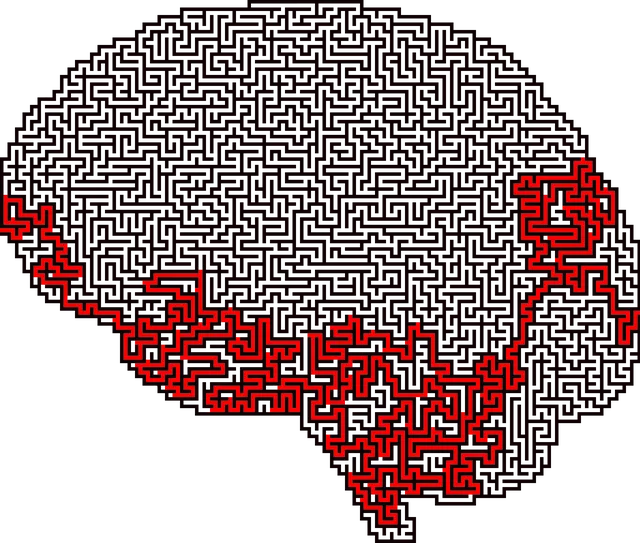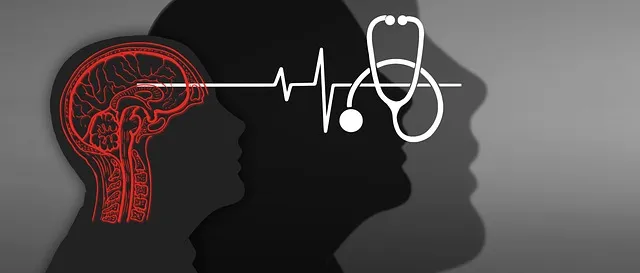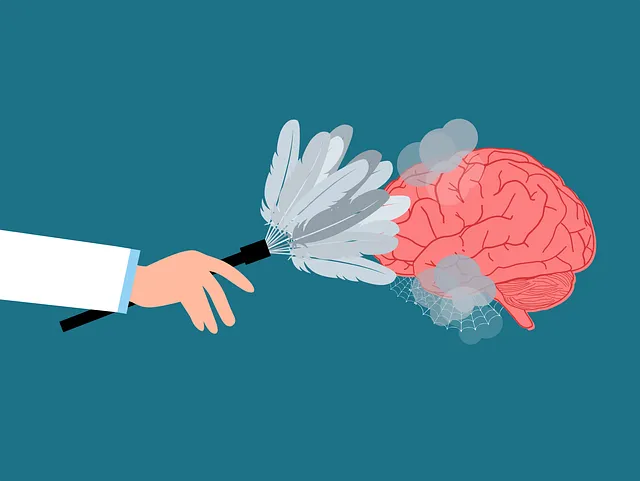Littleton Kaiser Permanente's innovative Recovery-Focused Messaging (RFM) strategy promotes resilience and mental wellness by shifting the narrative from illness to recovery, hope, and growth. Their Community Outreach Program provides resources for crisis intervention, empowering individuals to navigate life's challenges. The comprehensive mental health coverage includes evidence-based treatments, cultural sensitivity, and building emotional healing processes. Simple practices like mindfulness meditation, physical activities, journaling, and gratitude enhance well-being, stress management, and resilience. Evaluating RFM program success through self-reported measures ensures the tailored effectiveness of their mental health services.
“Resilience is a cornerstone of mental wellness, enabling individuals to navigate life’s challenges with strength and adaptability. This article explores the power of RFM (Resilience, Flexibility, and Mastery), a proven approach to bolstering mental health resilience. We delve into how Littleton Kaiser Permanente, a leading healthcare provider, incorporates RFM exercises within their comprehensive mental health coverage. By understanding these strategies, readers can unlock tools to enhance their own resilience, fostering a more robust and balanced mind.”
- Understanding RFM and its Role in Mental Health Resilience
- The Littleton Kaiser Permanente Mental Health Coverage: An Overview
- Incorporating Resilience Building Exercises into Daily Life
- Measuring Success: Evaluating the Impact of RFM Programs
Understanding RFM and its Role in Mental Health Resilience

Resilience is a vital component of mental health, enabling individuals to navigate life’s challenges and setbacks with strength and adaptability. RFM (Recovery-Focused Messaging), a powerful tool developed by Littleton Kaiser Permanente, plays a crucial role in fostering this resilience. This approach shifts the narrative from one focused on illness or disability to one centered around recovery, hope, and personal growth.
By integrating positive thinking and encouraging individuals to view themselves as active participants in their healing journey, RFM empowers people to build mental health resilience. The Community Outreach Program Implementation at Kaiser Permanente Littleton leverages this strategy, offering guidance and resources that promote crisis intervention and support. This proactive approach not only enhances well-being but also equips individuals with coping mechanisms to face life’s storms, ensuring a more fulfilling and resilient future.
The Littleton Kaiser Permanente Mental Health Coverage: An Overview

The Littleton Kaiser Permanente mental health coverage offers a comprehensive range of services tailored to meet the diverse needs of its community. This healthcare provider prioritizes both physical and mental well-being, recognizing that emotional healing processes are integral to overall health. Their programs focus on evidence-based treatments, incorporating cultural sensitivity in mental healthcare practice to ensure inclusive care for all individuals.
Through various initiatives, Kaiser Permanente Littleton fosters resilience building, empowering patients with the tools necessary to navigate life’s challenges. These exercises are designed to strengthen individuals’ ability to cope and promote their overall mental health and wellness. By combining cutting-edge therapies and a deep understanding of the Emotional Healing Processes, Kaiser Permanente Littleton is committed to making a positive impact on the lives of those seeking support for their mental health journey.
Incorporating Resilience Building Exercises into Daily Life

Incorporating resilience building exercises into your daily routine is easier than you might think. The key is to start small and make it a habit. Simple practices like mindfulness meditation, for instance, can be fit into just a few minutes each day. This focus on mental well-being, backed by the comprehensive mental health coverage offered by Littleton Kaiser Permanente, allows individuals to develop inner strength and coping skills that are invaluable in navigating life’s challenges.
Effective resilience strategies often involve a combination of physical activities, such as regular exercise, and cognitive exercises like journaling or practicing gratitude. Communication strategies also play a vital role in building resilience, fostering connections that provide support during difficult times. By seamlessly integrating these practices into your daily life, you can enhance your ability to cope with stress and adversity, ultimately leading to a more resilient and fulfilling life.
Measuring Success: Evaluating the Impact of RFM Programs

Evaluating the success of RFM (Resilience, Flexibility, and Mindfulness) programs is a crucial step in understanding their impact on mental health and well-being. At Littleton Kaiser Permanente, they recognize the importance of measuring outcomes to ensure their mental health coverage effectively addresses stress reduction methods. By assessing participant experiences and improvements, the organization can tailor their services to best support the community’s needs.
One effective way to gauge success is through self-reported measures, such as journaling exercises that guide individuals in reflecting on their mental wellness. These journals allow participants to track changes in their emotional state, stress levels, and overall resilience over time. The data collected provides valuable insights into the program’s effectiveness, identifying areas of strength and opportunities for improvement in their mental health coverage offerings.
Resilience is a powerful tool in navigating life’s challenges, and the RFM model offers a structured approach to building this strength. As evidenced by the Littleton Kaiser Permanente mental health coverage initiative, integrating resilience-building exercises into daily routines can significantly enhance overall well-being. By understanding the RFM framework and its potential impact, individuals and organizations can foster resilient mindsets, leading to improved mental health outcomes. Measuring success through evaluation allows for continuous improvement, ensuring these programs remain effective in a constantly evolving world.






